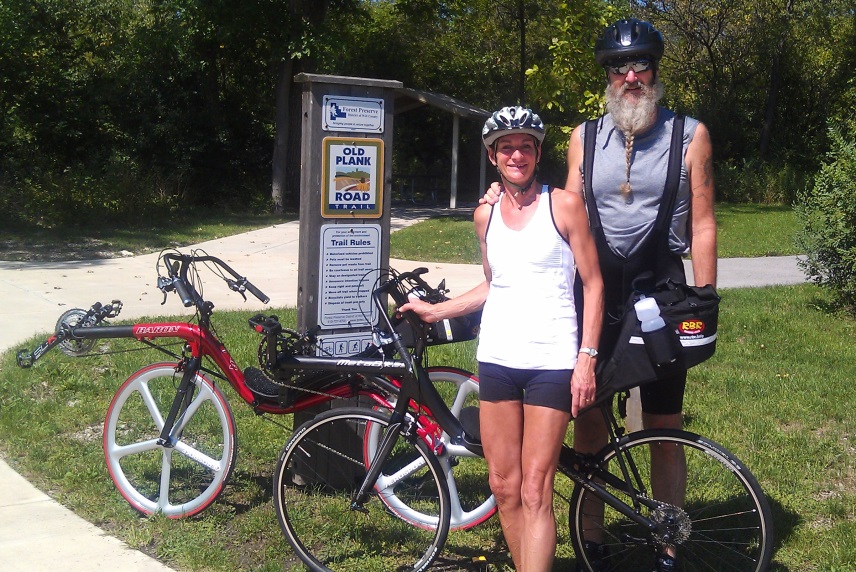Dear Nutrition Coach, I have heard you speak on the benefits of eating a starch-centered diet, but I always thought that starches make us fat! How can I lose weight or regain my health if I’m eating starches? - Tina
Dear Tina, Thank you for your question about starches! Starchy foods include grains such as barley, corn, millet, oats, rice and wheat; legumes such as beans, peas and lentils; and starchy vegetables such as carrots, potatoes, yams, parsnips, and winter squashes. The addition of green, yellow and orange non-starchy vegetables, as well as the addition of fruit, is also recommended. All of these foods are complex carbohydrates.....and our bodies require complex carbohydrate to run! Carbohydrates are our main source of energy, and our brains are also dependent on getting enough complex carbs.
It’s a common misconception that the sugars in starches are readily converted into fat, which is then stored in our abdomen, hips and buttocks. But if you read the published research, you will see that there is no disagreement about this whatsoever among scientists…. they all say that this belief is incorrect.
After eating, we break down the complex carbohydrates of starchy foods into simple sugars. These sugars are absorbed into the blood stream where they are transported to trillions of cells throughout the body for energy. If you eat more carbohydrate than your body needs, you’ll store up to 2 pounds of it invisibly in the muscles and liver in the form of glycogen. Any additional carbohydrate consumed after that will be burned off as body heat, and also through physical movement such as walking, yard work, and fidgeting.
Satisfying the appetite begins with filling the stomach with starches, which are high in fiber, vitamins, and minerals. Compared to cheese (4 calories per gram), meat (4 calories per gram), and oils (9 calories per gram), starches contribute only about 1 calorie per gram. (Of course, this does not apply if you top your starches with butters, margarines, sour creams, oils, cheeses, or other added fats). Starches are comfort foods and offer a great deal of satisfaction; the fiber will fill you up and you’ll stay full for a long time (whereas when you fill up on fats and oils, you still want to eat more).
Turning sugars into fat is a process called ‘de novo lipogenesis’. Pigs and cows use this process to convert carbohydrates from grains and grasses into calorie-dense fats. We humans on the other hand, are very inefficient at converting carbohydrate to fat; we don’t do it under normal circumstances. As I have often stated, carbs don’t make you fat – fat makes you fat. A passenger on a cruise ship gains an average of 8 pounds on a 7-day voyage – caused by dining on buffets of meats, cheese, oil-soaked vegetables and high-fat desserts. As my mentor Dr. McDougall is often fond of saying: The fat you eat is the fat you wear. In fact, the body is such an efficient fat storing machine that biopsies of the hip, abdomen or butt can reveal exactly what form of fat you have ingested (chicken, oils, fish, etc.).
So go ahead, enjoy your mashed potatoes (topped with salsa or lentil soup), your butternut squash chili, your corn on the cob, your oatmeal filled with blueberries, your oil-free sweet potato fries, your whole wheat pasta and your bean and rice burritos! (Sources: The Starch Solution, Dr. John McDougall)
Polenta Fries
(These are surprisingly good! Instead of making polenta from scratch, I took a shortcut and purchased plain, pre-made polenta in a tube. This recipe calls for Nutritional yeast, which has a cheesy, nutty flavor; it is not the same as brewer’s yeast)
1 tube plain polenta
Juice of 1 lime
nutritional yeast
Preheat oven to 400. Line a baking sheet with parchment paper or use a silpat (a reusable silicone liner you can find at Bed, Bath and Beyond). Cut the polenta into strips the size of French fries (my personal preference is thinner). Sprinkle lightly with fresh lime juice, and then cover generously with nutritional yeast – this will coat the fries and add some crunch. Bake until the edges are golden, about 30 minutes. Serve with your favorite condiment.

